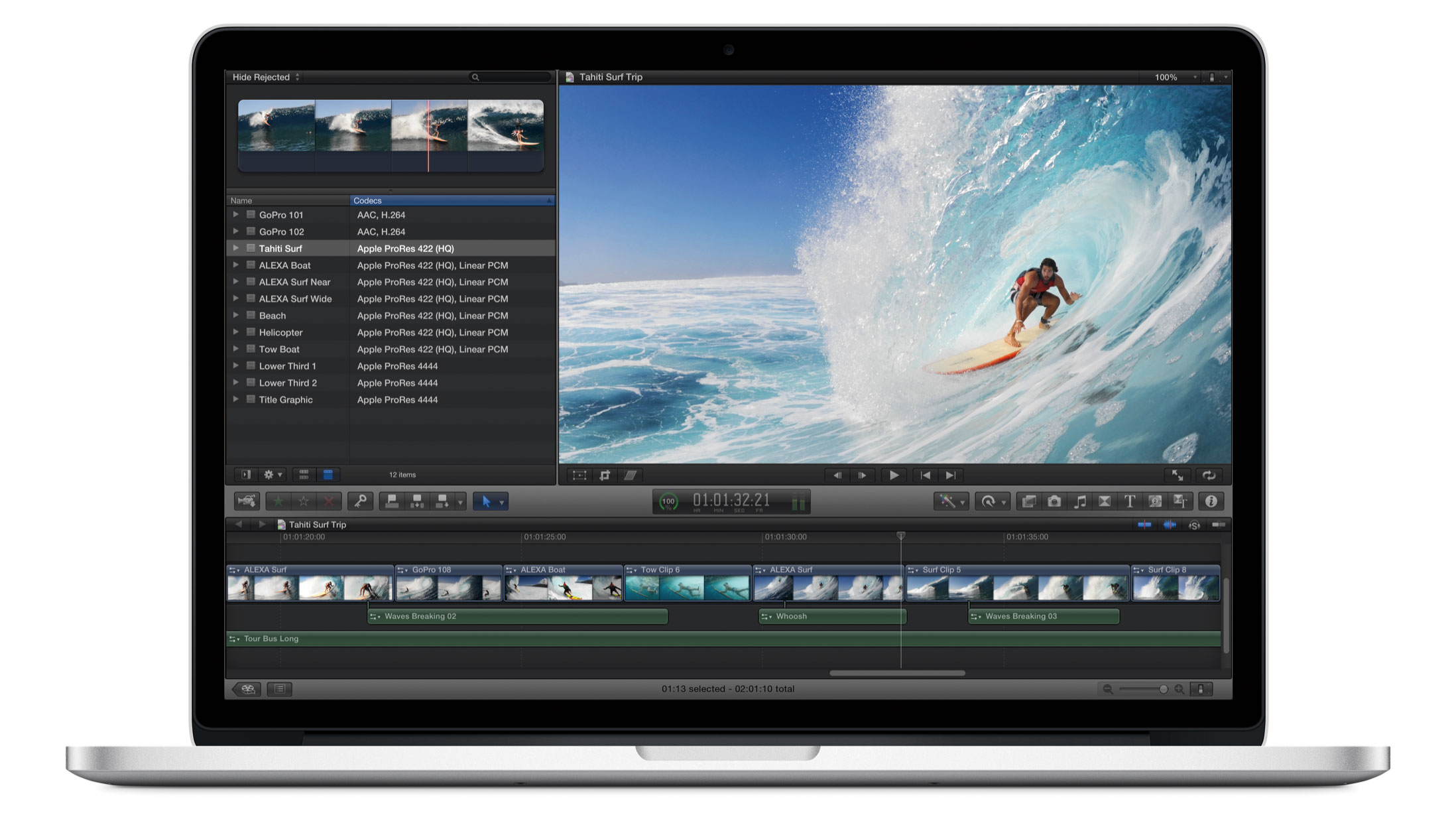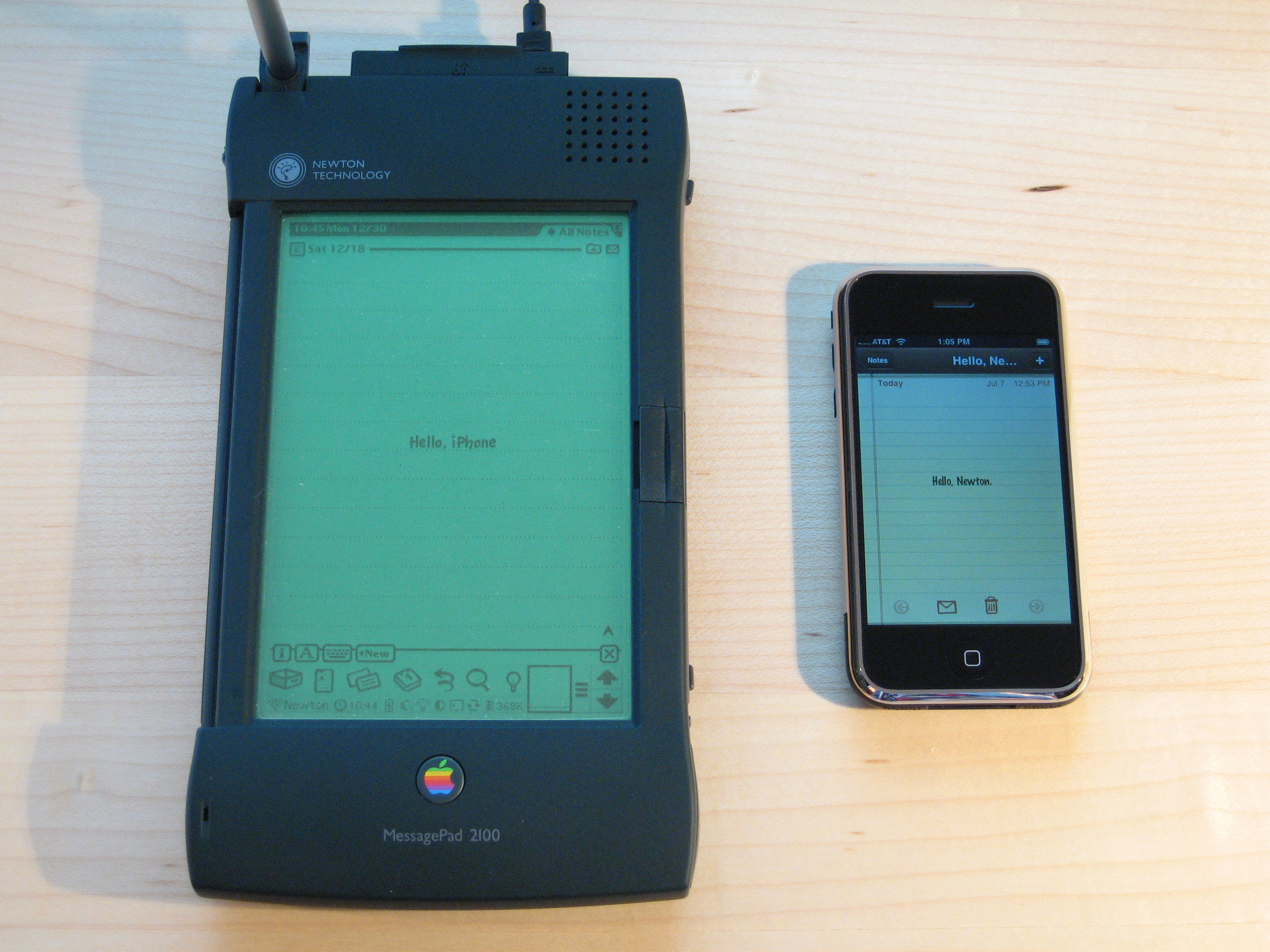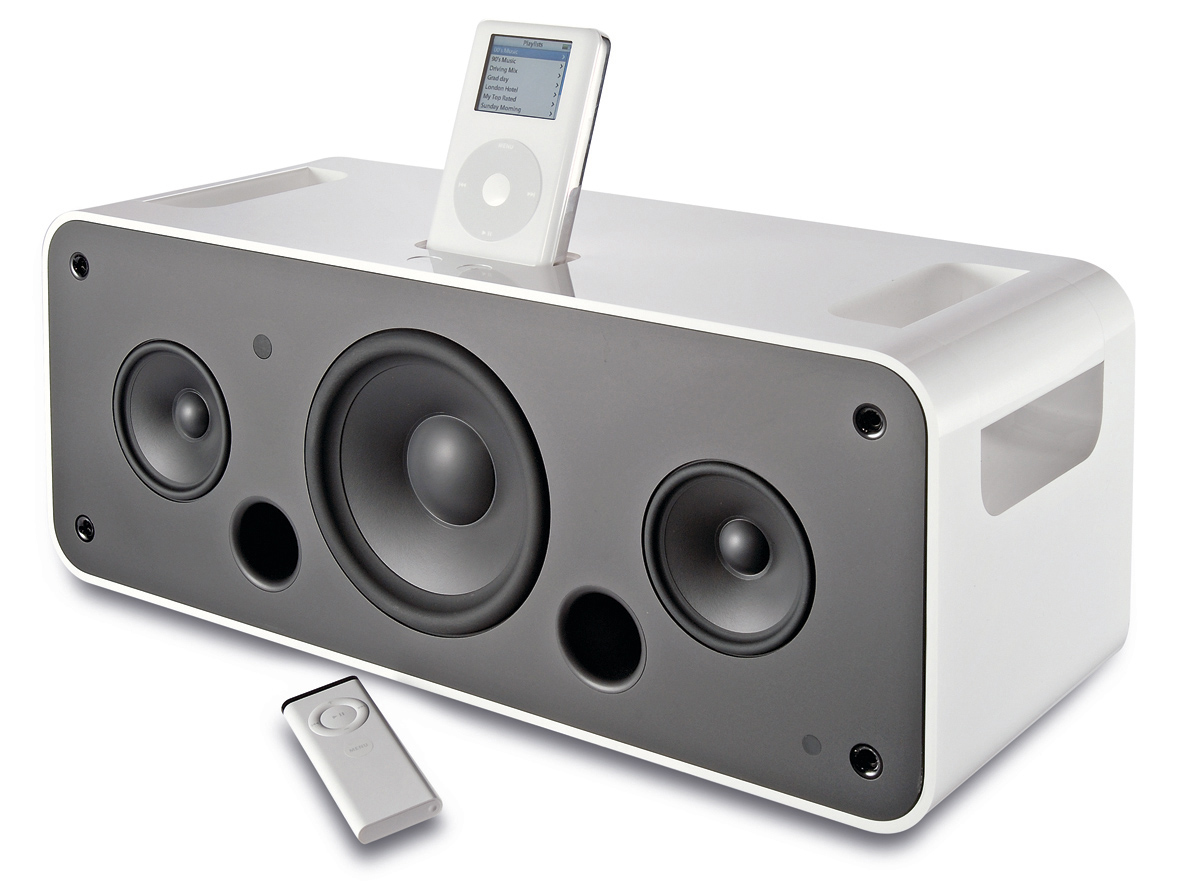Did Apple make better products when it was less successful?

As part of the celebrations for its twentieth anniversary, our sister magazine MacFormat is running a poll to find the best Apple product of the last 20 years.
It's still open – you can and should vote here, not least because you could win an iPad mini – but we've had a peek at how the votes are stacking up so far, and they've got us thinking; did Apple make better products when it was actually a less successful company?
The current top five in the poll reads like this: iPhone 5, MacBook Air, iPad 4, iPhone 4S, iPad mini. Now, nobody in their right mind – [witty aside about Android fanboys] – is going to argue that those aren't stunning things. Nobody's going to seriously contend that these slick, supremely beautifully crafted artefacts aren't part of the reason Apple is currently one of the most successful companies the world has ever seen.
Sign of the times
But it's a bit of a boring list; it's basically a description of Apple's current line-up. MacFormat, after all, is running a poll to find the best Apple product of the last 20 years, not the best product you can walk into an Apple Store and buy today; you have to get to 13 in the rankings to see a product introduced before the turn of the century, and overall it's a list hugely dominated by very recent products.
Yet there are so many things that Apple has produced throughout the last two decades that were hugely innovative, that disrupted stagnant businesses or that flat-out triggered an animalistic 'want' when you first saw it.
The G4 Cube, for example. Sure, it was a commercial failure, but it's glorious, and the way you drew the core out from the case never felt anything less than sci-fi.
The PowerBook Duo. A slim, light laptop that you slotted into a full desktop case to give it more power and more storage when you weren't on the go. Hell, we'd buy that today; quite apart from the practicalities of balancing power and portability, the act of slipping a laptop – clunk! – into a desktop case just still feels cool.
Sign up for breaking news, reviews, opinion, top tech deals, and more.
Newton? The spiritual predecessor to the iPad, and hugely ahead of its time; handling one now still gives you that tingle, and you could argue Apple's never made a computer cuter than the eMate.

Or what about iMacs past? The slim aluminium model is beautiful, but in a cold, soulless way. Nothing has equalled the charm (or, to be frank, the ergonomic triumph) of the 'Anglepoise' iMac G4, and the original iMac G3 should be lauded and remembered not just for its friendly, colourful transparent plastics, but also because it unequivocally marked the point at which Apple started to get its mojo back, propelling it to its current success.
What about Apple's software?
And that's before you get to software and services. You could argue – although perhaps only after a few pints – that Xcode is hugely important since it lets developers create the apps that kick-started the app revolution. You could also argue – though perhaps only after switching to whisky – that iMovie marked a moment when we stopped using our computers for word processing and spreadsheets and started using them for fun.
For – and this is the kind of phrase you can only utter with a straight face once you are drunk – lifestyle stuff.
We did a big, serious bit of research at the start of the year, and one of the things it shows is that the general public still sees Apple as being a hugely innovative company, but there's a growing feeling among the alpha geeks in the industry that it's faltering.

And certainly, if you look at MacFormat's list of everything it has made since 1993 – in those dark Gil Amelio days when nobody ever printed a story about it without prefixing is as "Beleaguered tech company Apple…" – it's easy to come to the conclusion it's a company that works best when it's under pressure – when it's forced to innovate hard to give it the competitive edge it needs to emerge victorious.
But now that it has emerged victorious, and now that Steve Jobs isn't here any more to provide the vision and leadership, is it just running on inertia? We haven't really seen anything other than incremental updates to existing product lines since 2010's introduction of the iPad.
What about the future?
That, though, actually is Apple's magic. It sounds like very dull magic indeed – a bit like when as a kid you ask if miracles are real and someone tells you that in its own way an oak tree growing from a tiny acorn is a miracle – but it's what has propelled it to its current position; a relentless, pragmatic focus on a very few products, making them better and better, and taking away compromise after compromise every year.
We demand revolutionary, not evolutionary products, but in truth that's just an artefact of our constant appetite for novelty. Major shifts in computing – from punched-card Jacquard machines to primitive stored-programme computers, to the terminal, the GUI and the mouse, the smartphone – are rare, and they only happen once improvements in ancillary technologies and social impetus align in ways that are difficult to predict.
Apple was pivotal in two of these revolutions – and there's no reason to think it's not capable of fomenting more in the future – but the evolution that happens after each one is just as important. There is, after all, a reason we're not still driving Ford Model Ts.
Vote at macformat.com/mf20 to crown the best Apple product of the last 20 years, and for the chance to win an iPad mini!